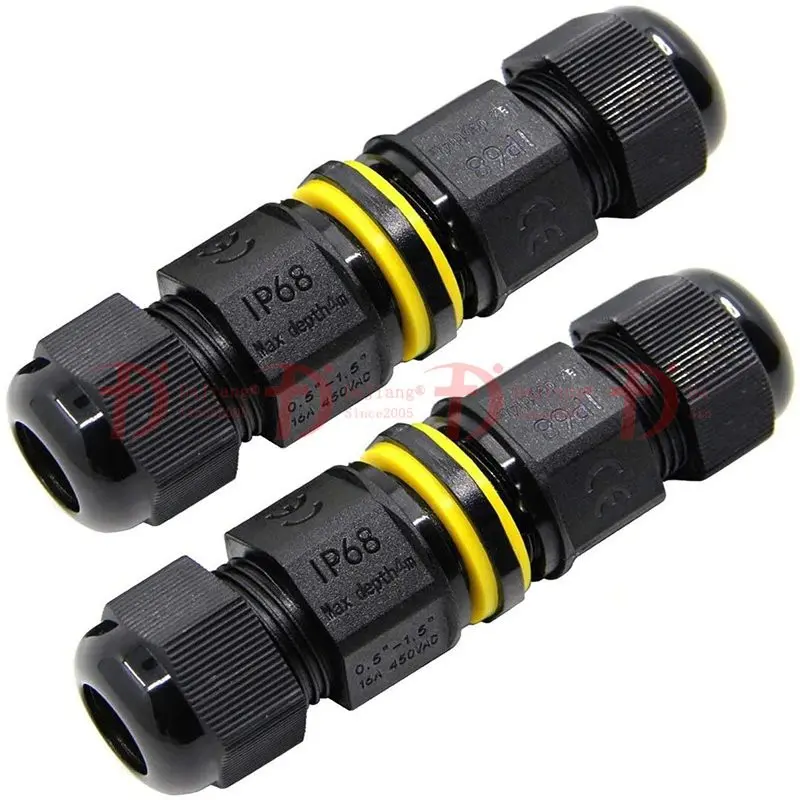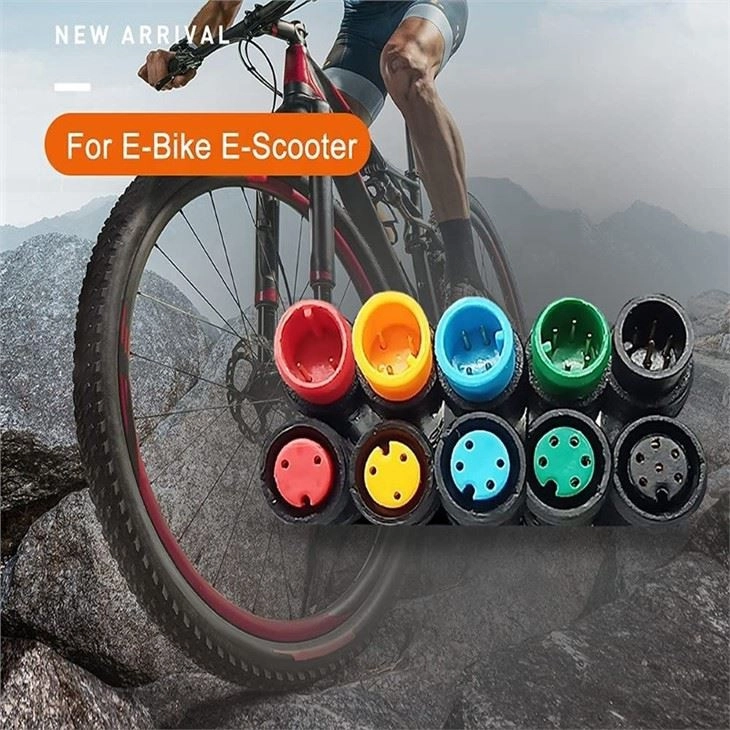- All
- Product Name
- Product Keyword
- Product Model
- Product Summary
- Product Description
- Multi Field Search
Views: 273 Author: Kaylee Publish Time: 2024-05-07 Origin: Site











Electrical connectors play a crucial role in various industries, facilitating the transmission of power, signals, and data between different components and systems. While standard electrical connectors are designed to provide reliable connections in typical indoor environments, waterproof connectors are specifically engineered to withstand exposure to moisture, dust, and other environmental factors. In this comprehensive article, we delve into the differences between waterproof connectors and standard electrical connectors, exploring their construction, functionality, applications, and advantages.
Standard electrical connectors, also known as general-purpose connectors, are designed for use in typical indoor environments where exposure to moisture, dust, and other contaminants is minimal. These connectors consist of male and female components that mate together to establish electrical connections between cables, wires, or devices. Standard connectors come in various types, including circular connectors, rectangular connectors, and modular connectors, each with its own configuration and specifications.
Waterproof connectors, on the other hand, are specifically engineered to provide reliable electrical connections in harsh environmental conditions where exposure to moisture, water, dust, and other contaminants is prevalent. These connectors feature sealing mechanisms and ingress protection (IP) ratings that prevent water and debris from infiltrating the connection points, ensuring uninterrupted performance and reliability. Whether it's in outdoor applications, marine environments, automotive systems, aerospace applications, or industrial settings where exposure to moisture is a concern, sourcing these specialized components from a reputable waterproof connectors supplier is essential to ensure quality, compatibility, and reliability in demanding conditions.

The primary difference between waterproof connectors and standard electrical connectors lies in their sealing mechanisms and ingress protection capabilities. Waterproof connectors feature robust seals, gaskets, or O-rings that prevent water, moisture, and debris from entering the connection points, even under high-pressure conditions. Standard connectors may lack these sealing features, making them vulnerable to moisture ingress and corrosion over time.
Waterproof connectors are constructed using materials that are resistant to corrosion, UV radiation, and extreme temperatures, ensuring long-term durability and reliability in outdoor environments. Common materials used in waterproof connectors include stainless steel, aluminum, PVC, and specialized polymers. In contrast, standard connectors may be made from less durable materials such as plastic or brass, which may degrade when exposed to moisture or harsh conditions.
Waterproof connectors are rated according to their level of ingress protection, as defined by the International Protection (IP) Code. IP ratings indicate the degree of protection provided against solid particles (first digit) and liquids (second digit). For example, an IP67-rated waterproof connector offers complete protection against dust (6) and can withstand immersion in water up to 1 meter deep for 30 minutes (7). Standard connectors may not have IP ratings or may have lower IP ratings, making them unsuitable for use in wet or dusty environments.
Waterproof connectors are designed with features that enhance their resistance to moisture and environmental factors, such as threaded mating interfaces, bayonet locking mechanisms, and self-sealing contacts. These design elements ensure a secure and watertight connection, even in challenging conditions. Standard connectors may have simpler designs and configurations, lacking the specialized features required for waterproofing.
Waterproof connectors are specifically designed for use in applications where exposure to moisture is a concern, such as outdoor lighting, marine electronics, underground mining equipment, and automotive systems. Standard connectors are more commonly used in indoor applications where moisture ingress is minimal, such as computers, consumer electronics, and industrial machinery.

1. Enhanced Reliability: Waterproof connectors provide reliable electrical connections in harsh environmental conditions, reducing the risk of corrosion, short circuits, and electrical failures.
2. Extended Service Life: The robust construction and corrosion-resistant materials used in waterproof connectors ensure long-term durability and performance, even in outdoor or marine environments.
3. Versatility: Waterproof connectors are available in a variety of configurations, sizes, and specifications to suit different applications and requirements, providing versatility and flexibility in design and installation.
4. Safety: Waterproof connectors help prevent electrical hazards and equipment damage caused by moisture ingress, ensuring the safety of personnel and equipment in hazardous environments.
5. Compliance with Regulations: Waterproof connectors may be required to comply with industry-specific regulations and standards, such as those for marine electronics, automotive systems, and outdoor lighting, ensuring regulatory compliance and product reliability.
In summary, waterproof connectors differ from standard electrical connectors in their sealing mechanisms, construction, materials, IP ratings, design, and application specificity. Waterproof connectors are specifically designed to provide reliable electrical connections in harsh environmental conditions where exposure to moisture, water, dust, and contaminants is prevalent. By understanding the differences between waterproof connectors and standard electrical connectors, engineers, designers, and technicians can make informed decisions when selecting connectors for their applications, ensuring reliability, durability, and safety in challenging environments.